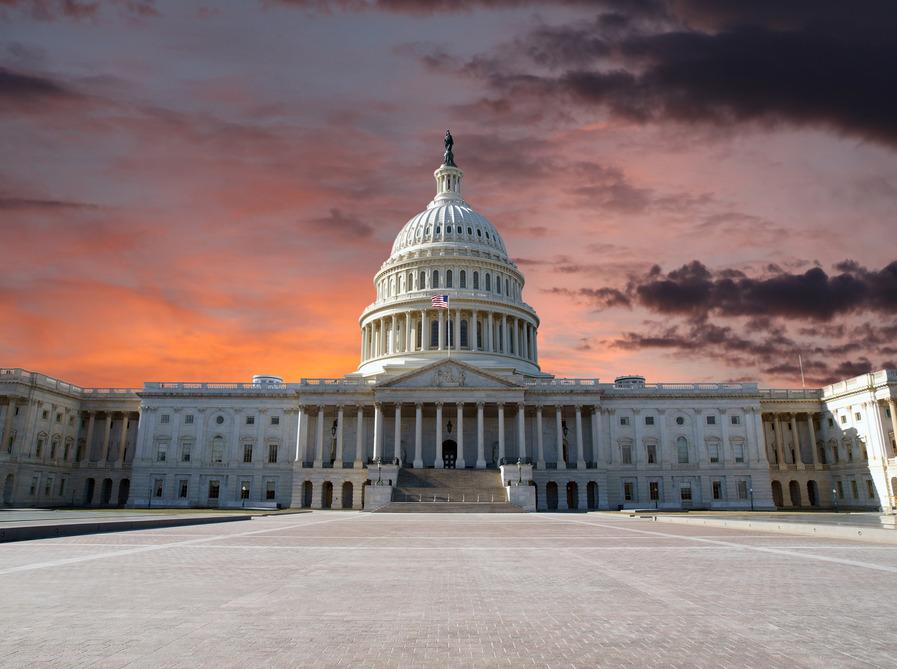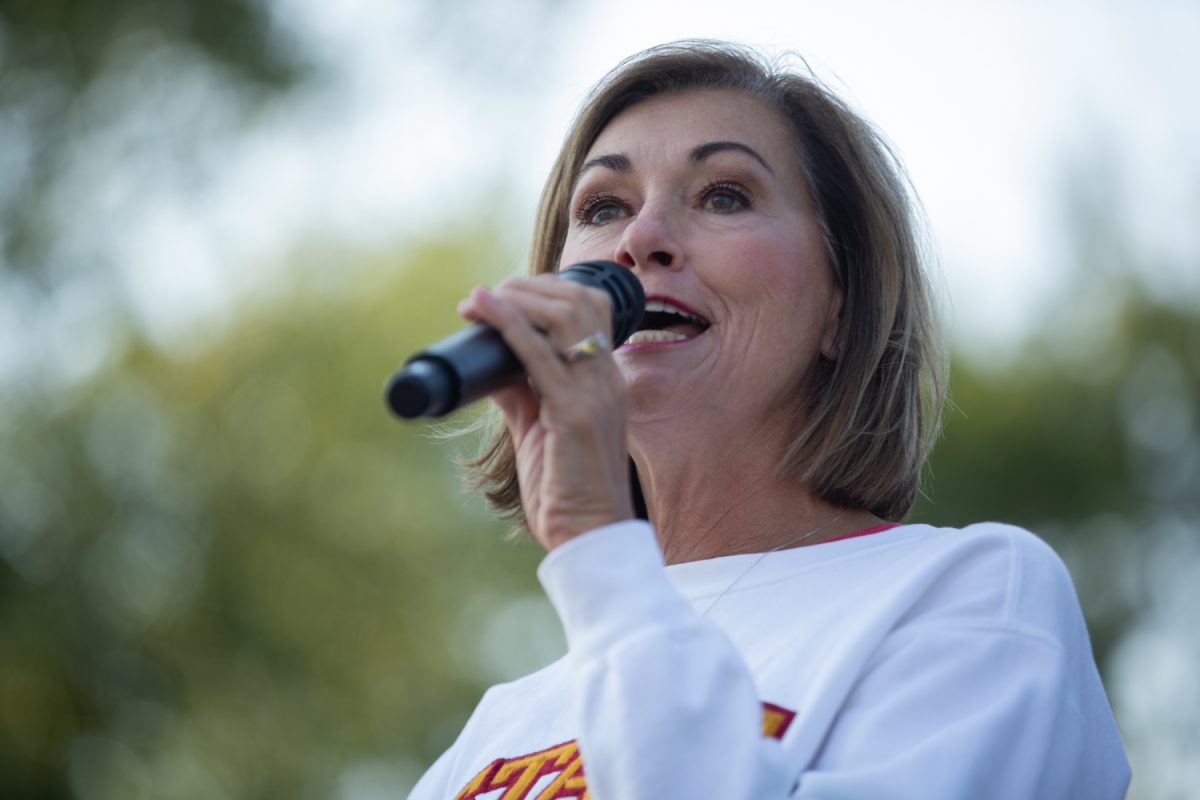Jacob Prall
Sometimes it’s easy to forget that we are being watched. We forget that our problems at home have a global context. At the very least, I do. Maybe I forget because of the concept of American Exceptionalism that was pounded into me during grade school. Maybe I forget because turning inward (being self-obsessed, really) is human nature. Racism in the United States feels so local because it is; it’s woven into the fabric of our consciousness and into our society (though often invisibly so). But there are other people out there, too, and they’re watching from a very different perspective.
The U.N. Human Rights Council is dedicated to just that — human rights. The Working Group of Experts on People of African Descent is a panel that observes and reports on the conditions of black Americans. They just finished their tour of the states, visiting Washington, D.C., Chicago, Baltimore, and other metropolitan areas. It would be fair to say that, to them, the state of our union was less than impressive.
Their preliminary remarks were absolutely scathing and supported with multitudes of evidence. Mireille Fanon Mendes France, a member of the working group of experts, touched on the big picture in her early remarks. “The persistent gap in almost all the human-development indicators, such as life expectancy, income and wealth, level of education, housing, employment and labor, and even food security, among African Americans and the rest of the U.S. population, reflects the level of structural discrimination that creates de facto barriers for people of African descent to fully exercise their human rights,” she said.
This is just the beginning. The group found alarming levels of police brutality and lethal force against African Americans. It also found discriminatory voting laws, state rejections of Medicaid (and the denial of African Americans’ right to health), “food deserts” (a phenomenon that has developed in many African-American communities), the insufficient covering of slavery and the Atlantic slave trade in classrooms, high rates of unemployment, environmental injustices as highly polluting industry are moved to African-American communities, gentrification, high levels of homelessness — the list goes on and on.
The panel members call for reparations. They want the United States to acknowledge the Atlantic slave trade as a crime against humanity and to build monuments that commemorate and remind us of the horrors of slavery and Jim Crow. They want real justice served in cases of police brutality, which remind them of the lynchings (and subsequent terror) of the Jim Crow era. They want to see an end to the school-to-prison pipelines in the country and an end to our use of what amounts to contemporary debtors’ prisons. And panel members haven’t even constructed their report yet.
I’m aware all of this is happening. I agree with them wholeheartedly; there is so much work to be done. But I forget that I’m a part of this system and that other nations simply don’t know of the systemic injustice that exists in the modern day United States. We are a nation that projects an image of idealisms: freedom, justice, and democracy for all. They are the ideals of American Exceptionalism, a way of thinking that blinds us to reality. We’ve yet to live up to any one of those principles — though we’re more than willing to preach them to the world. We cast out scarlet letters and hide behind the pulpit.









